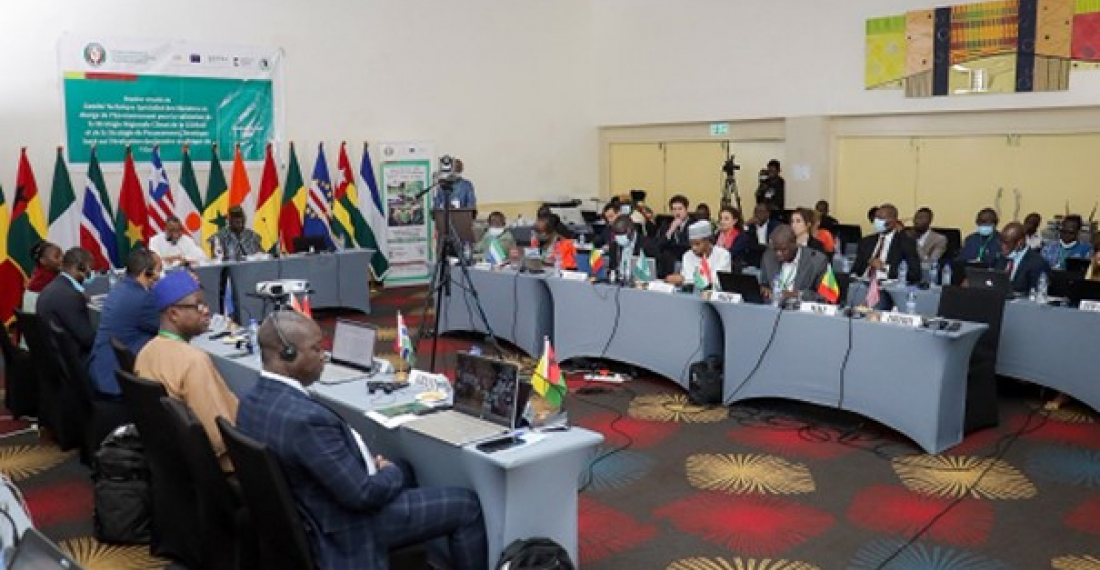West African countries have come together and made the fight against climate change a common challenge. A common strategy for the year 2030 was therefore set by the eleven member countries of ECOWAS - the Economic Community of West African States - on 30 April 2020.
In order to enable the region's development while minimising greenhouse gas emissions, the ECOWAS Commissioner for agriculture, environment, and water resources said at a press briefing that about $294 billion will be invested between now and 2030.
These significant investments will allow for better weather forecasting to prevent costly natural disasters in the region, as well as boost the agricultural sector. It would also improve grain storage techniques to cope with the region's increasingly frequent droughts, and preserve the forests and the carbon stock they represent for ECOWAS member states.
More than a billion people will live in West Africa in 2050, compared to 400 million today, and the region is expected to experience a temperature increase - between 2 and 6 °C by the end of the century - higher than the global average. This rise in temperature, the frequent droughts that threaten agricultural soils, and the shrinking coastline due to rising sea levels are likely to cause a flow of migration within the region from coastal communities.
The World Bank, in a report published in 2021, estimates this climate migration at 32 million people by 2050.
Commitments have already been made. ECOWAS, for example, plans to increase the share of renewable energies to around 50% of the energy mix by 2030. All ECOWAS countries are also parties to the Paris Agreement, signed in 2015.
For a region that accounts for only 1.8% of global CO2 emissions, achieving the targets set also depends greatly on its access to international financing, such as the Green Climate Fund. A regional union will facilitate access to this type of financing, as the ECOWAS Investment and Development Bank has the technical capacity for this partnership, unlike some of the region's poorest countries.
Sources : CommonSpace.eu with Le Monde (Paris), Africa News (Lyon) and other media outlets
Picture: The fifteen Ministers of Environment of ECOWAS Member States at the ECOWAS Regional Climate Strategy conference; Twitter: @ecowas_cedeao






